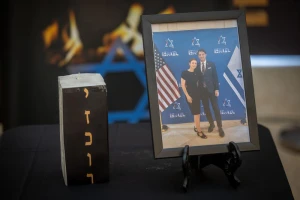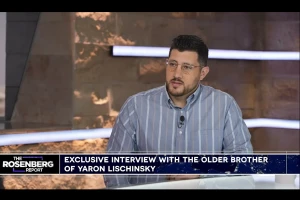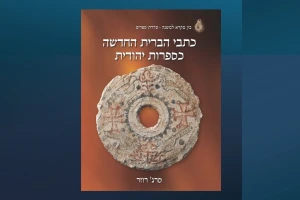A Jesus-following Israeli diplomat: Yaron Lischinsky’s legacy
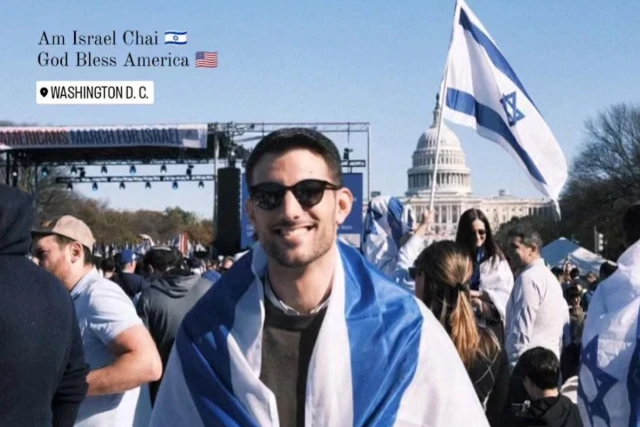
The tragic death of Yaron Lischinsky and his fiancée, Sarah Milgram, caused profound shock throughout Israel. The expressions of sympathy and support shown toward the grieving family—whether by representatives of the Israeli Ministry of Foreign Affairs, staff at the embassy in Washington, or the compassionate gestures of local authorities—were dignified and moving expressions of Israeli society’s solidarity in such difficult moments.
However, alongside the widespread empathy, some reactions focused on Yaron’s personal beliefs—that he viewed Jesus as the Messiah. These voices expressed concern and, in certain cases, even questioned his Jewish identity, attributing ulterior motives to his faith community.
These critical voices are, on the one hand, entirely understandable manifestations of a deeply ingrained Jewish reflex rooted in the tragic memory of two thousand years of persecution. On the other hand, they are fed by fear of the unknown and reflect the kind of characteristic ignorance that still exists within the Jewish community regarding the most well-known and influential Jewish figure in history—Jesus, originally named [in Hebrew] Yeshua—and his Jewish followers.
From the perspective of preserving Jewish identity, it is reasonable to acknowledge that just as Chabad’s messianic beliefs are respected within the Jewish world, there is room for Jews who sincerely believe that Yeshua is the promised Messiah.
Yaron was among those who believed this. Unlike the majority of today’s People of the Book, he not only knew the books of Moses—the Torah—as part of that Book, but was also deeply familiar with the prophetic writings of the Bible.
Just as the Jewish people in the time of the Second Temple read the Book of Daniel, so did Yaron—Daniel, the prophet who foretold, centuries in advance and with precise timing, the cessation of the daily sacrifice, the destruction of the Second Temple, and that a few decades before these events, the Messiah would be killed. And just as many Jews who lived through the Temple’s destruction asked themselves who this prophesied, executed Messiah might have been—and found their answer in Jesus—so did Yaron see in Jesus the Messiah promised in the prophetic texts.
Yaron’s intellectual curiosity was not constrained by irrational fear or rabbinic prohibition. He read the Jewish writings from the time of the Second Temple—texts written by Jesus’ direct disciples about his life and teachings—concerning the new covenant foretold by the prophet Jeremiah.
“Behold, the days are coming, says the Lord, when I will make a new covenant with the house of Israel and with the house of Judah” (Jeremiah 31:31).
A covenant that was not meant to invalidate the old, but to fulfill it—and to extend it also to the nations. These ancient Jewish writings about Jesus remain unfamiliar to those who view Yaron’s faith as a threat to Judaism, reflecting a widespread lack of awareness about Judaism’s own historical engagement with Jesus. Their knowledge of Jesus is shaped primarily by the tragic historical past—through the lens of the Inquisition, pogroms, and other persecutions of Jews, in which Jesus became a false idol. Or perhaps by contradictory Talmudic references—written only centuries later, after the closing of the Mishnah and under the influence of institutionalized Christian antisemitism.
They are also likely unaware that among Israeli academics who study this subject, there is broad consensus that Jesus lived and taught within Jewish religious traditions—not in opposition to them. That he never encouraged the rejection of the Law of Moses. On the contrary, he emphasized that not even a single letter of the Torah should be taken away, and that he did not come to abolish the Torah, but to fulfill it.
Yaron, too, never sought to lead anyone away from their Jewish identity. He was a proud Israeli, who believed that faith in Jesus as the Messiah is not a departure from Jewish identity, but rather its essential fulfillment.
His greatest desire was to help Israel and the Jewish people move toward peace and security. He enthusiastically supported the Abraham Accords, and as a diplomat, he served the cause of Israeli statehood—with dignity, faith, and passionate dedication.
He was not ashamed of his faith, but neither did he impose it—he lived as a peacemaker, serving in the spirit of the biblical command “You shall love your neighbor as yourself,” believing that the law of love is not only the fulfillment of the Torah and the Prophets but also the foundation of social life—an imperative that is the precondition for any true peace.
Yaron’s life and service reflected one of Israel’s deepest democratic values: freedom of religion. As the only democratic state in the Middle East, Israel can rightfully take pride in granting full religious freedom to all its citizens. This constitutional principle ensures that every Israeli—regardless of belief—can live, serve, and even represent their country at the highest levels, just as Yaron did.
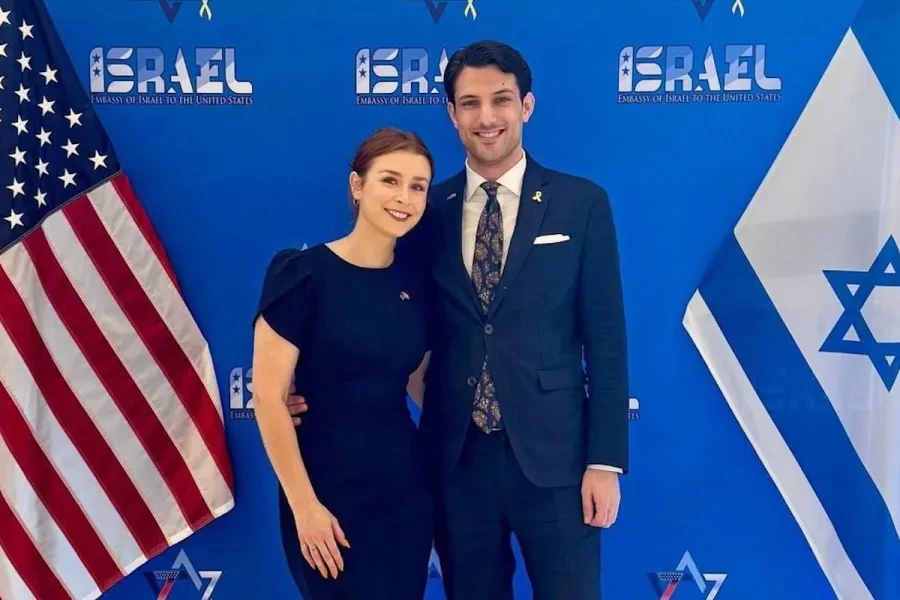
The Milgrim and Lischinsky families created a Gofundme page to honor the memories of their loved ones. To donate, click here.

Yehuda is a former teacher in Israel's first accredited Messianic school, based in Jerusalem, holding academic degrees in mathematics, physics, and philosophy. He joined the ALL ISRAEL NEWS staff in August 2023.
You might also like to read this:


